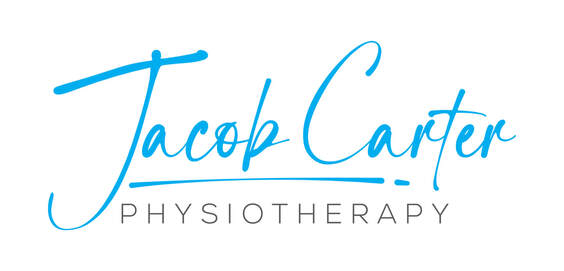|
This blog post may seem light on medicine/rehab, but actually addresses what I feel is one of the most important things a rehab professional (or any professional) can do on a daily basis! Attentive Listening "We have two ears and one mouth so that we can listen twice as much as we speak." - Epictetus It doesn't matter if you've heard this from a greek philosopher, fortune cookie, or from your mom! The advice is tried and true, featured in every good leadership book and used to great success during first dates, enjoying 50 years of marriage, impressing your boss, or watching the superbowl. Bottom line: If you are trying to achieve a goal, you must first learn the rules of the game and REALLY understand the people involved... and the best way to start the process is through attentive listening. What Do You Listen For?  Although you may have a few specific questions that you are interested in asking, let the other person talk, and start with an open-ended conversation. Often this approach allows the patient to speak about tangents that will give you insight into their day to day life, athletic pursuits, readiness to change lifestyle habits, etc. If there are any questions that have been unanswered, pointedly ask them. This proves to the patient that you have been listening, they have been understood, and your goal is to help them. Do Something Meaningful With It Attentive listening is great, but you need become an important part of the conversation - be empathetic, provide insight to the topic, and ask purposeful questions. You then need to apply the information within your field. In my profession that means orthopaedic and neurological tests, referral for imaging or to specialists, treatment techniques, coaching exercise, and providing education/reassurance. Therapeutic Alliance  This entire process builds a therapeutic alliance between practitioner and patient. Having a therapeutic alliance is so important that it has has been proposed to be fundamental(!) to the therapeutic process. A better alliance has been associated with improved treatment outcomes in patients receiving care from all health care practitioners (research is supported for physiotherapists, psychiatrists, physicians, and nurses). This means that without an alliance between the patient and practitioner, you should expect sub-par treatment results - and this is the same across all fields of medicine! Supporting Research in Physiotherapy 1) A 2010 systematic review by Hall and colleauges (2010) found that patients with chronic lower back pain experienced better outcomes when practitioners applied sham pain modalities (interferential current) and actively created an alliance with their patients, than when real pain modalities were applied without attempting to create an alliance. The lesson here is that active listening, empathy and encouragement can be more beneficial than using select pain modalities. 2) A 2016 systematic review by Lakke and Meerman (2016) found that the way a patient perceives their working alliance during treatment predicts pain reduction and improvement in physical functioning. They found a significant correlation in all five studies between working alliance and the outcome of pain severity, pain interference, and physical functioning. The lesson here is that when influencing pain, a patient’s perceived working alliance during treatment predicts pain reduction and improvement in physical functioning. In patients with musculoskeletal pain, it is recommended to inquire about a patient’s therapeutic alliance with their health care team. The results of this conversation can create an opportunity to create a mutual plan to ensure that both patient and therapists fully understand desires and goals, or that a referral to another practitioner may be the most beneficial. Concluding Remarks So... have a conversation with your patient! (Patients... have a conversation with your practitioner!). Learn from each other, teach each other, share a story... This is key to building trust, good communication, enjoying the treatment process, better recovery, and having an enjoyable day! References Hall, A. M., Ferreira, P. H., Maher, C. G., Latimer, J., & Ferreira, M. L. (2010). The influence of the therapist-patient relationship on treatment outcome in physical rehabilitation: a systematic review. Physical therapy, 90(8), 1099.
Lakke, S. E., & Meerman, S. (2016). Does working alliance have an influence on pain and physical functioning in patients with chronic musculoskeletal pain; a systematic review. Journal of Compassionate Health Care, 3(1), 1.
0 Comments
|
Have you found these article to be informative, helpful, or enjoyable to read? If so, please visit my Facebook page by clicking HERE, or click the Like button below to be alerted of all new articles!
Author
Jacob Carter lives and works in Canmore, Alberta. He combines research evidence with clinical expertise to educate other healthcare professionals, athletes, and the general public on a variety of health topics. Archives
November 2022
Categories
All
|
|
|


 RSS Feed
RSS Feed